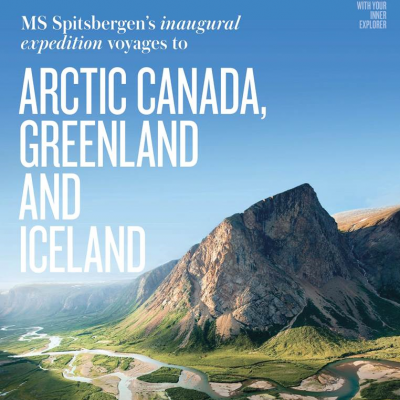Take me for example: I don’t particularly like Ryanair or their customer ethos but I do acknowledge that they — and low cost carriers like them — revolutionised the international aviation industry and thus allowed more of us to travel, and more often. Whilst I do put a value on comfort and convenience, I also put an almost equal value on cost so when the price differential is high and the length of time that I must endure the lack of convenience or comfort is low, then price tends to win out on most occasions. My personal threshold point comes when I need to fly to the Canaries or any other destination that requires a flight time of four hours or more. At that stage, I’m prepared to pay more (and sometimes considerably more) to enjoy what is a relatively long time to get from A to B. The analogy here is quite easy to relate to and I suspect that I am not alone in my decision-making rationale.
The problem is that such contextual perspective tends to get lost a lot of the time when consumers are looking at holiday or travel options that are either slightly more complicated in terms of content or comparison. All too often, decisions are made based on price than by qualitative comparison between apples and pears with the result that many consumers (particularly online consumers) often end up being disappointed with their choices because such choices were based on quantitative (price) rather than qualitative (value) comparisons.
One interesting phenomenon that manifested itself during the Celtic Tiger years was the fact that because so many people were taking three, four or five trips abroad each year to European city destinations (air fares were cheap and punters were flush with cash), they quickly realised that whilst it was fine to skimp on the carrier that they used to get them to their destination, it made a lot more sense to spend some of the money thus saved by splashing it on moving up the value chain in terms of their choice of hotel accommodation since — the logic went — they’d be spending more time experiencing that than they would the relatively short flight that got them there! Holidaymakers that would traditionally have booked three-star or similar standard properties for their annual holidays, were now more inclined to upgrade to four-star properties because both their increased and regular use of such facilities helped them realise that ‘they got what they paid for’.
So back to that original question: ‘What is value and why is it more important than price?’ The best way to explain the difference between the two is to cite an oft-quoted saying of Warren Buffet — the chairman of Berkshire Hathaway (an investment company) who is generally regarded as being the second richest man in the world. Buffet is justly famous for his down-to-earth observations and folksy sayings but one of his most famous ones is ‘Price is what you pay but value is what you get!’. He may have been speaking about stocks and shares but the principle still holds true in the context of this article.
In summary, my advice to all would be travellers and holidaymakers would be to appreciate the benefits of value over price, the higher up the food chain you go — either in terms of absolute cost or complexity as price rarely ends up representing the best choice or even bang for your buck. So, what kind of travel product are we talking about here? We’re talking cruising, skiing, adventure, long haul in general, resort hotels where you expect to spend anything more than three or four days residing in; escorted tours etc. Perhaps most importantly of all though; don’t allow your own prejudices or predispositions (some of which you may be blissfully unaware of) to adversely influence your judgement. Use the services of a professional travel agent who can act as your ‘devil’s advocate; offer unbiased advice and make sure that you end up making the right decisions for the right reasons.
Happy travelling!





